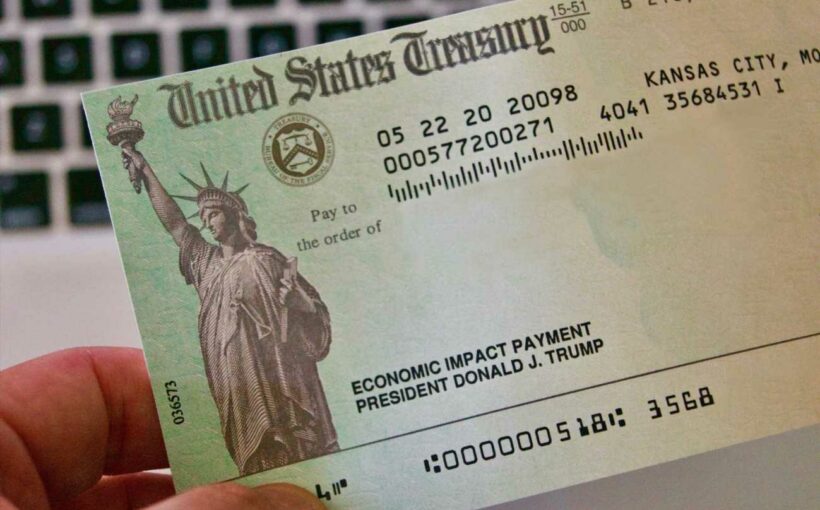House Democrats passed the $1.9 trillion American Rescue Plan early Saturday morning, which includes a provision for a third stimulus check worth up to $1,400 for taxpayers and each of their dependents.
Individuals earning an adjusted gross income (AGI) up to $75,000 (and married couples earning up to $150,000) will receive $1,400 each, plus $1,400 for each dependent. That means an eligible family of four will receive $5,600.
After those income thresholds, the payments phase out. Individuals earning an AGI over $100,000 per year and couples earning over $200,000 will not receive a check.
Unlike the previous two payments, adult dependents qualify for this round. A previous report from the American Enterprise Institute estimates that as many as 26 million more people — mainly college students, disabled adults and elderly Americans — will now be eligible for a payment. The check could arrive as soon as next month.
The payments are based on either 2019 or 2020 income. That means taxpayers may want to file their taxes before the bill passes if that would net them a larger stimulus payment.
Stimulus money is often spent on rent and other necessities
While many workers have run into delays receiving the unemployment insurance they're entitled to, stimulus checks, which are disbursed by the Internal Revenue Service rather than state governments, can help them stay current on their bills.
Some critics have argued that more stringent income limits should be put into place on stimulus payments so they go only to those most in need. While some recipients have been able to save their checks, research has shown that many people spent their previous checks on rent, food and other essential bills. In January, when the $600 checks hit bank accounts, personal spending increased by 2.4%, data from the U.S. Bureau of Economic Analysis (BEA) shows.
Democratic leaders say the $1,400 payments fulfill President Joe Biden's promise of $2,000 checks when coupled with the $600 payments sent out in January. But some progressive critics say the government should send a full $2,000 payment in addition to January's.
The bill now heads to the Senate. Democrats are hoping to have Biden sign it by March 14, when many federal unemployment provisions expire.
Don't miss: Americans' personal income and savings rate soared in January thanks to stimulus checks
Check out: The best credit cards for building credit of 2021
Source: Read Full Article
